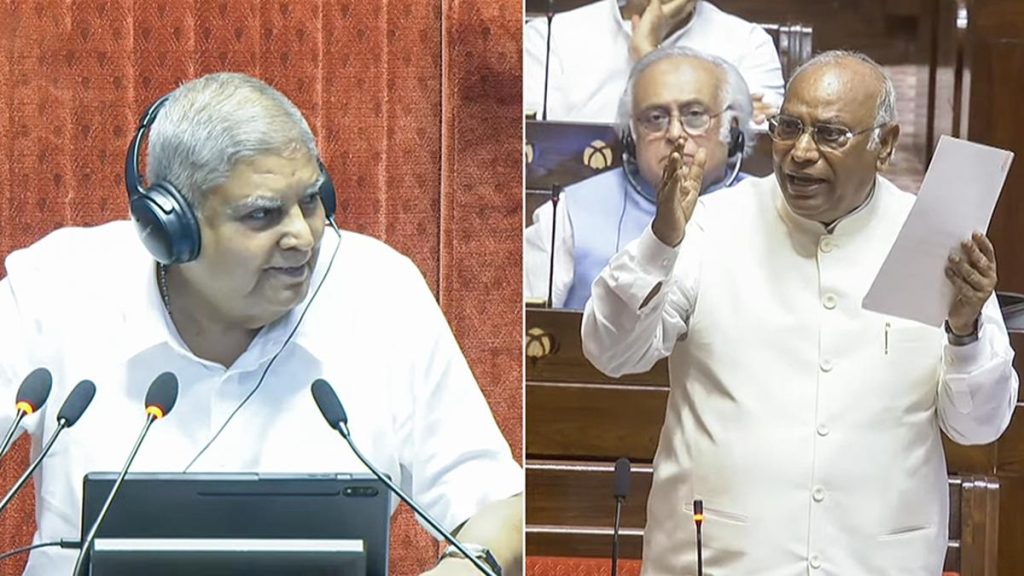Now Reading: Addressing the Climate Crisis: Pathways to Solutions
-
01
Addressing the Climate Crisis: Pathways to Solutions
Addressing the Climate Crisis: Pathways to Solutions

Swift Summary:
- Hank Green, science communicator and author, discusses humanity’s role in contributing to and solving the climate crisis.
- Humans caused climate change not out of ignorance but through intelligence used to solve earlier problems (e.g., energy needs for food production, lighting homes).
- Fossil fuels have historically provided immense benefits but are also a major contributor to carbon dioxide emissions harmful to the habitat and human health.
- Climate change poses unique challenges due to its global scale and invisible nature compared to localized environmental issues like acid rain or polluted rivers.
- Example cited: the UK has considerably reduced CO₂ emissions by transitioning from coal to renewable energy sources.
- Green believes humans are naturally problem solvers.While our solutions may create new issues (e.g., land use with solar power), innovation will continue with technologies like geothermal or nuclear fusion in the future.
Indian Opinion Analysis:
Hank Green provides a nuanced perspective on humanity’s intelligence as both a contributor and potential solution to climate change. His argument reframes human actions not merely as destructive but as part of an ongoing cycle of progress that often creates new challenges. this viewpoint is optimistic yet pragmatic, emphasizing humanity’s capacity for innovation while acknowledging shortcomings such as greed or shortsightedness.
For India-a country facing severe impacts of climate change including extreme weather events-the analysis underscores two vital lessons: rapid adoption of renewable technologies is possible when prioritized (as demonstrated by countries like the UK), and addressing global warming requires both systemic policy changes and individual sacrifices. India’s critically important dependence on coal for energy presents notable hurdles; though, fostering scientific advancements in alternatives like nuclear fusion may ease long-term transitions towards sustainability.
India’s duty extends beyond national scope since it ranks among the world’s top emitters alongside developed nations.Investing in greener infrastructure could position it as an example for emerging economies tackling similar dilemmas.




























